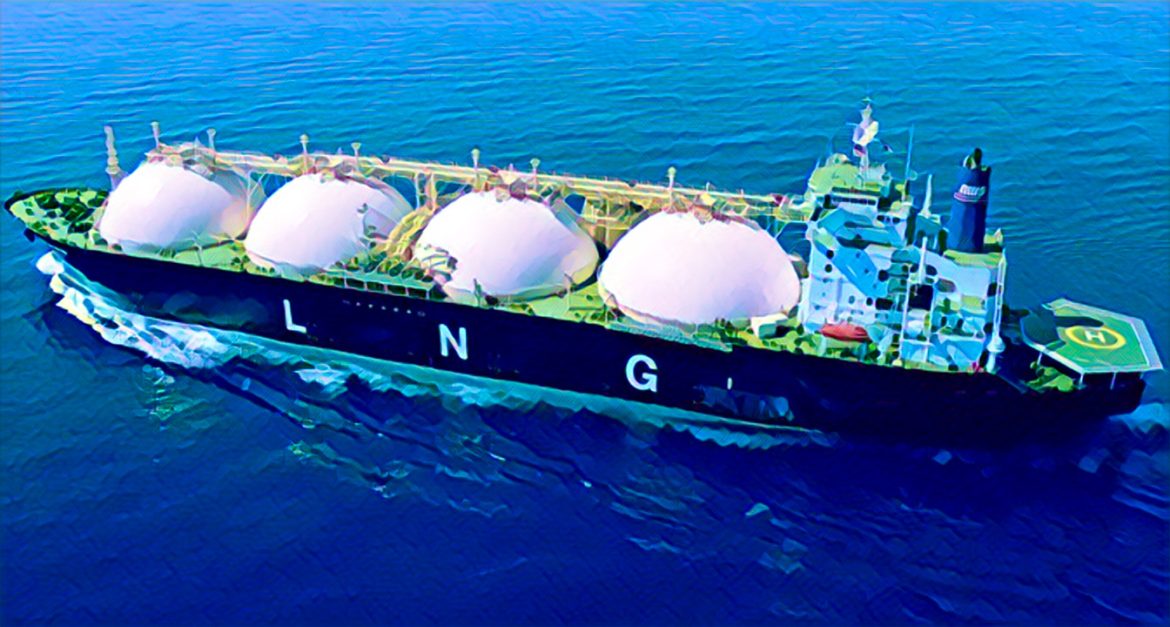KEY POINTS
- Trump lifts freeze on LNG export permits, enabling rapid project growth.
- U.S. LNG export capacity could expand by 100 million metric tons annually.
- Critics warn of rising household energy costs and environmental risks.
U.S. liquefied natural gas (LNG) developers are moving forward with ambitious projects following President Donald Trump’s executive decision to lift a freeze on new LNG export permits.
The previous moratorium, implemented by the Biden administration in early 2024, was aimed at studying the environmental and economic impact of LNG exports.
Trump’s reversal has opened the door to nearly 100 million metric tons of additional annual LNG exports by 2031, solidifying the U.S. position as the global leader in LNG production.
Industry leaders welcome LNG expansion opportunities
Cheniere Energy, the nation’s largest LNG exporter, expressed confidence in moving ahead with its Texas-based midscale projects, thanks to the relaxed restrictions. “We remain full speed ahead on our expansion plans,” said Bernardo Fallas, Director of Communications for Cheniere Energy.
Similarly, Commonwealth LNG, which aims to build a 9.5 million metric tons per annum (MTPA) facility in Louisiana, hailed the decision as a significant step toward meeting international demand.
According to Reuters, the company noted its longstanding commitment to establishing world-class LNG export facilities.
Energy Transfer, another major player, also announced plans to move forward with its Lake Charles project, which has a capacity of 15.5 MTPA.
The company had faced delays due to licensing issues but now looks to expedite progress under the new directive.
Economic boost amid environmental concerns
Trump’s decision could accelerate the growth of LNG export projects, with analysts predicting up to six additional plants gaining financial approvals within two years. Alex Munton, an LNG expert at Rapidan Energy Group, said this marks a significant turning point for the industry.
However, critics argue that the increased exports could exacerbate environmental concerns. A study commissioned by the Biden administration found that unconstrained LNG exports could raise domestic gas prices by 31 percent by 2050, leading to higher household energy costs.
Environmental groups like Friends of the Earth have also warned that expanded LNG exports could worsen the climate crisis.
U.S. LNG industry solidifies global dominance
The U.S. LNG sector has experienced rapid growth over the past decade, becoming a cornerstone of global energy markets.
Trump’s order underscores his administration’s prioritization of energy independence and economic development, with LNG exports playing a pivotal role.
LNG industry growth under this renewed emphasis supports both America’s energy export strategy and global energy supply reliability.
Despite technical and ecological problems, the energy sector believes LNG production will help satisfy rising worldwide energy requirements.



